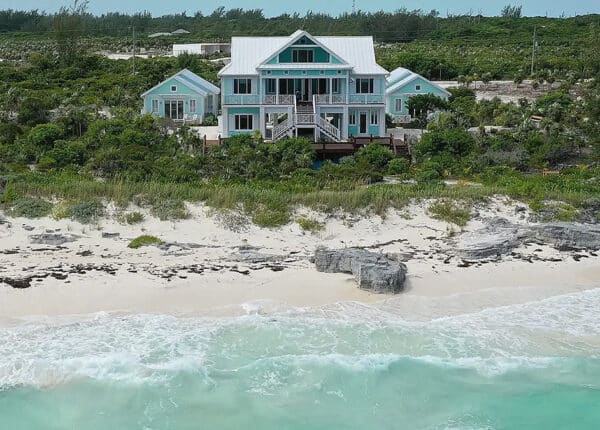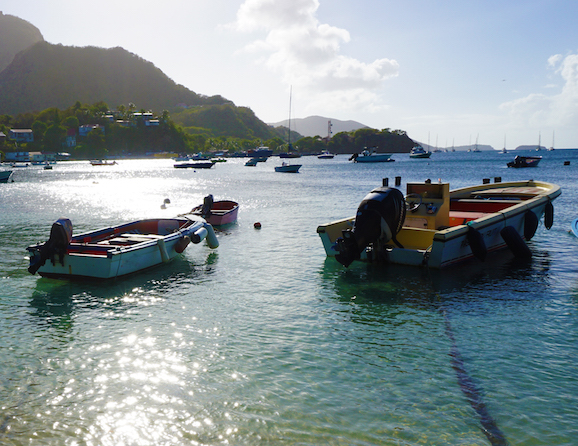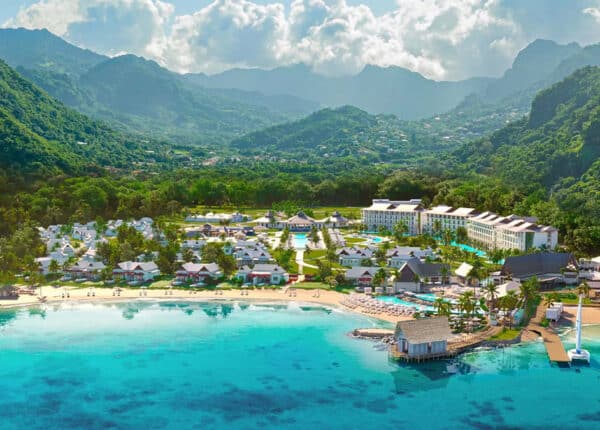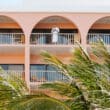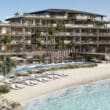By Ryan Peterson
CJ Contributor
So, what is the catch of the day?
A quick perusal of Caribbean agendas will provide a litany of the perennial weaknesses and opportunities for development, ranging from tourism to technology, green to gender equality, and wellness to creativity.
Yet, we know all too well how these Caribbean currents flow.
Simply glance back in the rear-view mirror of the past few decades, and it doesn’t take a doctorate to figure out that the Caribbean has drifted into the doldrums of a “catch 22,” e.g.: how to spur economic growth and social equity, while curving and conserving public finances and (natural and social) ecologies? Ah yes, the paradox of our times, and of our own makings, I might add.
Ironically, it is this precisely this ‘rear-view of the future’, i.e., leading from the past, that perpetuates the perennial challenges in the present. While we pay homage heritage, we cannot follow the path of history for that can only lead to past success. Reforming or restructuring simply assume that the basic foundations and the fundamental principles of a system are correct, and continues on these basic underlying values.
In more unequivocal terms: reforms and restructuring of any element or nature – socially, economically, ecologically or otherwise, in isolation of the systemic (interconnected) nature of transformation, under the assumption of rationality and stability, fails to acknowledge and – consciously or unconsciously – ignores the deeply rooted (non-rational), relational, recursive and resilient nature of transformation. Beyond the ironies of ‘leading from the past’, the Caribbean continues to engage in ‘atomistic’ development strategies, void of context and (inter-) connectivity, and visionary for ‘divide and conquer’.
The real quest(ion) to be addressed is how do we transcend this ‘catch 22’, from a deeper space that connects us – as islands and islanders – to an unfolding emerging future, rather than be reacting against the patterns of the past.
In effect, without a deeper self-understanding and recognition of the value-laden consciousness of islands (and islanders), no amount of policy or reform will suffice, as almost half-a-century of fiscal, economic, educational, social, environmental, political, and institutional reforms have not significantly advanced the sustainability of our islands.
Paradoxically, it is precisely this atomistic development and fundamental disconnect between, e.g., the real and financial economy, between wealth and (societal) well-being, between (physical) infrastructure in finite (fragile) ecologies, between consumption and pollution, between democracy and disempowerment, between leadership and ownership, and between vision and values that have trapped island societies within the doldrums of a ‘catch 22’.
Financial debt, youth unemployment, economic amnesia, ecological destruction and educational decay, to name just a few of the Caribbean doldrums, do not represent a deficit in terms of capital, budgets, democracy, or even policy; it merely represents an (un)sustainable decay and deficit in values and norms within and across our societal institutions that promote and perpetuate a disconnected and disjointed path towards the future. No amount of individualistic reform will suffice, if the underlying collective – institutional – system is not questioned and qualified.
As long as our islands are governed by humankind, the sustainability of islands will rely on the (shared) ideology, identity, intellect and imagination of its people. Herein lies the real capital of a nation. Human nature is not fixed; humans are able to adapt and change their environment by constructing new, more complex and dynamic mindsets, manners and maneuvers that allow them to transcend and transform the future. Herein lies the power of inspiration, ingenuity, and empathy. The question is not the catch of the day, but our quest and care for the future…
Ryan R. Peterson, PhD is Professor of Innovation Economics and Research Chair in Sustainable Islands at the University of Aruba. He is the co-founder of the National Council for Innovation & Competitiveness, and the Leadership Institute for Sustainable Innovation. He can be reached at ryan.peterson@ua.aw.
